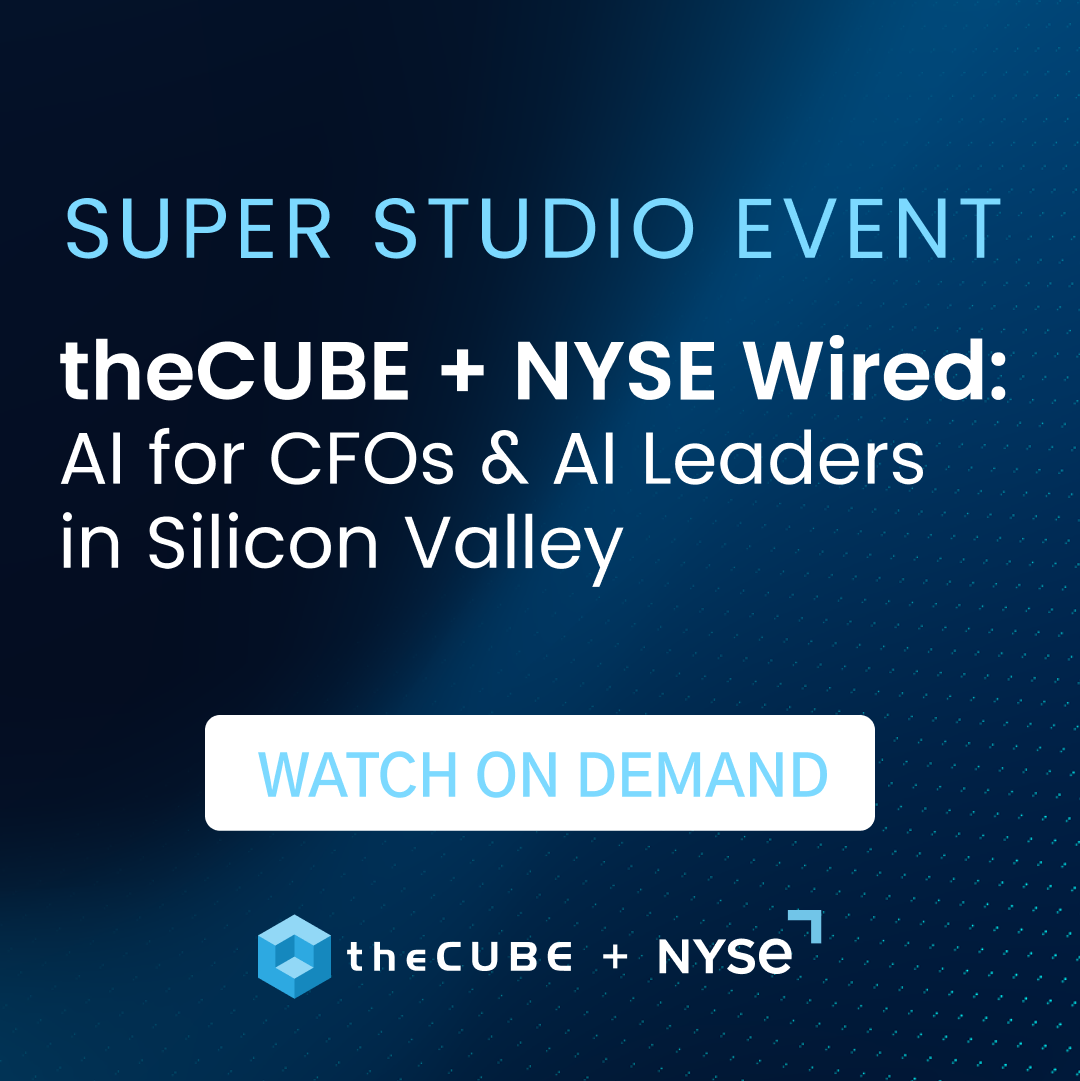Hey Apple Fan Boy! We Don’t Need You Anymore
![]() The first thought on many minds after Steve Jobs announced his resignation is what will happen to his brand? The Apple cult has become as prominent as Jobs himself; as an individual, he’s become an inseperable figure from Apple products, building the brand with every keynote demonstration, every product reveal, and every damning statement against his competitors. It’s been interesting to see the Apple brand find its way into the collective consumer culture, and like every brand, there’s an intangible relationship between its products and its loyal supporters.
The first thought on many minds after Steve Jobs announced his resignation is what will happen to his brand? The Apple cult has become as prominent as Jobs himself; as an individual, he’s become an inseperable figure from Apple products, building the brand with every keynote demonstration, every product reveal, and every damning statement against his competitors. It’s been interesting to see the Apple brand find its way into the collective consumer culture, and like every brand, there’s an intangible relationship between its products and its loyal supporters.
How I came to love Apple
My first computer was an Apple. I was eight years old, and had two educational games to play on a floppy disk. I didn’t think much of Apple computers again until I was in college, when elbowing your way through the Fishbowl computer lab at the University of Michigan often boiled down to one decision: PC or Mac? If you were desperate for a computer station, you’d wallow over to the Mac section, where the handful of colorfully designed iMacs stood lonely, amongst a sea of black Dell desktops.
Using an iMac was an education all its own. I quickly learned the benefit of using a Mac at school. You were guaranteed to get a computer in any lab on campus. The student mass still avoided Macs like the plague. But as Apple regained the leadership and vision of Steve Jobs, the devices took on more software support, and I found these little Mac computers had all the programs I needed. It was Apple’s wary acceptance of third party software that helped its PC market to make that transition into the 21st century, but of course, the mp3 player is what really catapulted Apple into an era it could claim for itself.
Apple turns to software, personal cloud
![]() It was the launch of the iPod that solidified Apple’s recognition of the importance of software and digital content, a trend that’s only strengthened in recent years. The iPod revolutionized the music industry from the economic, distribution and marketing perspectives, and that’s a concept that’s been readily applied to every other aspect of the personal cloud. From Apple’s own advertising efforts around its devices, to the ongoing integration of Apple products with each other, Apple’s been able to build a steady following that’s reached cult status in the past few years.
It was the launch of the iPod that solidified Apple’s recognition of the importance of software and digital content, a trend that’s only strengthened in recent years. The iPod revolutionized the music industry from the economic, distribution and marketing perspectives, and that’s a concept that’s been readily applied to every other aspect of the personal cloud. From Apple’s own advertising efforts around its devices, to the ongoing integration of Apple products with each other, Apple’s been able to build a steady following that’s reached cult status in the past few years.
PC vs Mac: why decide?
I’ve made the switch from PC to Mac, in 2008 with my first MacBook. I’ve since taken in a MacBook Air, an iPod, two iPhones, an iPad, two Mac Minis and an Apple TV. You could call me an Apple fan boy, but I still very much appreciate what PCs have to offer. I’ve never abandoned the Windows computer, I’ve had twice as many Android devices as iPhones, and I’m rather anxious for Android tablets to get their stuff together, especially since my home entertainment products revolve around Samsung, and they, along with Sony Ericsson, have been doing a great deal to leverage their own family of products as well.
![]() So will Apple survive without the fan boy? Certainly. Its brand has become very well established in today’s consumer electronics market, with a range of devices and an eye towards cloud-based services that make its own devices work better, and even work better with non-Apple products. But will the fan boy survive without Steve Jobs? That’s another question, and it’s one only a true fan boy can answer. When it comes to the emotional state of a loyal brand fan, there’s always room for the unexpected. Consumers have a certain draw to Apple devices, whether they feel they’re obtainable products or not. And it’s largely in part because of Apple’s appeal to consumers, with an elitist view of gadgets that maintain their products’ price points and aesthetic–a badge of cool, a signal of modern.
So will Apple survive without the fan boy? Certainly. Its brand has become very well established in today’s consumer electronics market, with a range of devices and an eye towards cloud-based services that make its own devices work better, and even work better with non-Apple products. But will the fan boy survive without Steve Jobs? That’s another question, and it’s one only a true fan boy can answer. When it comes to the emotional state of a loyal brand fan, there’s always room for the unexpected. Consumers have a certain draw to Apple devices, whether they feel they’re obtainable products or not. And it’s largely in part because of Apple’s appeal to consumers, with an elitist view of gadgets that maintain their products’ price points and aesthetic–a badge of cool, a signal of modern.
Beyond the fan boy – do we still need you?
But it’s this extended vision of working better within the consumer market that will drive Apple into the future, and as the cloud becomes the most important aspect of a user’s gadget experience, this is where Apple, and Google and Microsoft will be focusing their efforts. In an ecosystem that will thrive on the compatibility across these three kingdoms, we’ll see services that care little of your end device, and more about your accessibility. It’s the platform that becomes central to this ecosystem, so compatibility really becomes a priority here.
Consumers can choose a device, but it won’t matter nearly as much as the software it provides access to. And this cross-system of platforms and services is where the smart consumer resides. The Apple fan boy may still have his place in history, guiding Steve Jobs to the status of legendary leadership. But there’s a wide opportunity standing before the consumer now, centralizing around a new type of product, one we’ve never seen.
Many feel that Tim Cook, Apple’s new CEO, is the man to take us there. He may not have the stage presence of Steve Jobs, but he’s keen on the future of Apple’s products. And one thing Apple is preparing for is the segmented cloud across enterprise and consumer offerings. The iCloud will be Apple’s first major step in this direction, as the company recognizes the potential behind the personal cloud. This is where Apple’s brand will reside in the future, and this is where Steve Jobs’ industry-shaking evolution will live on.
A message from John Furrier, co-founder of SiliconANGLE:
Your vote of support is important to us and it helps us keep the content FREE.
One click below supports our mission to provide free, deep, and relevant content.
Join our community on YouTube
Join the community that includes more than 15,000 #CubeAlumni experts, including Amazon.com CEO Andy Jassy, Dell Technologies founder and CEO Michael Dell, Intel CEO Pat Gelsinger, and many more luminaries and experts.
THANK YOU













